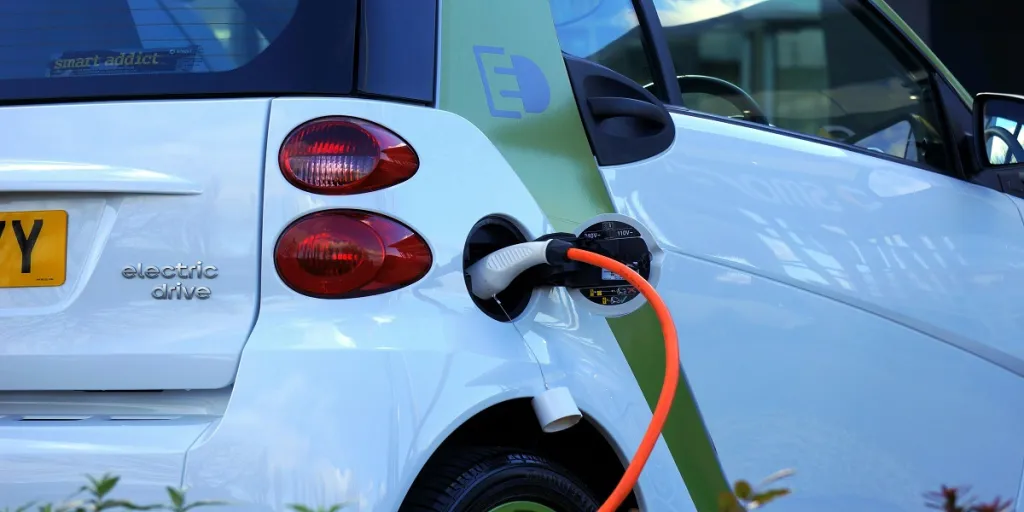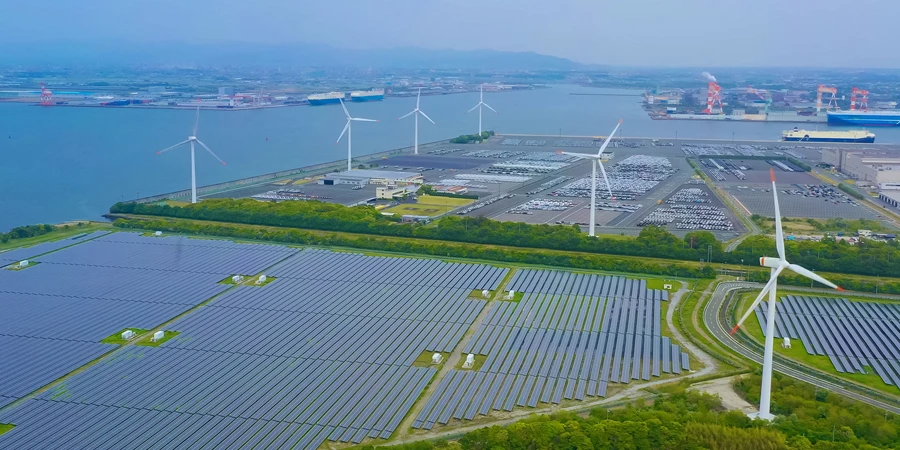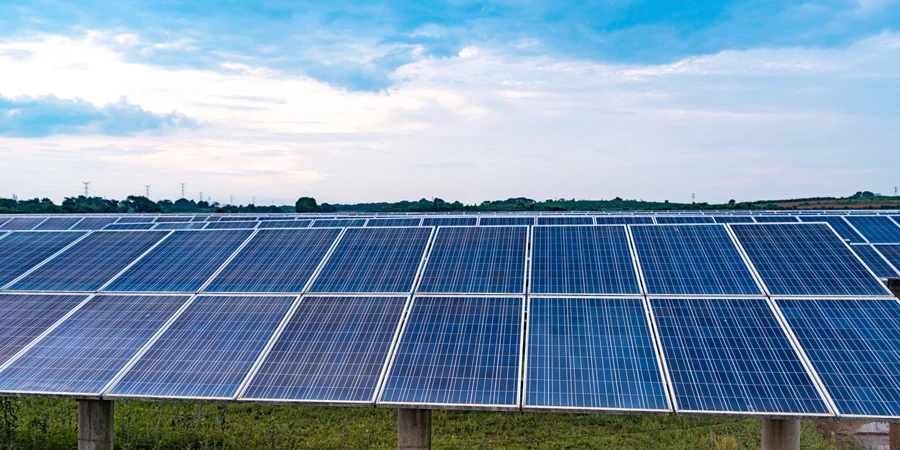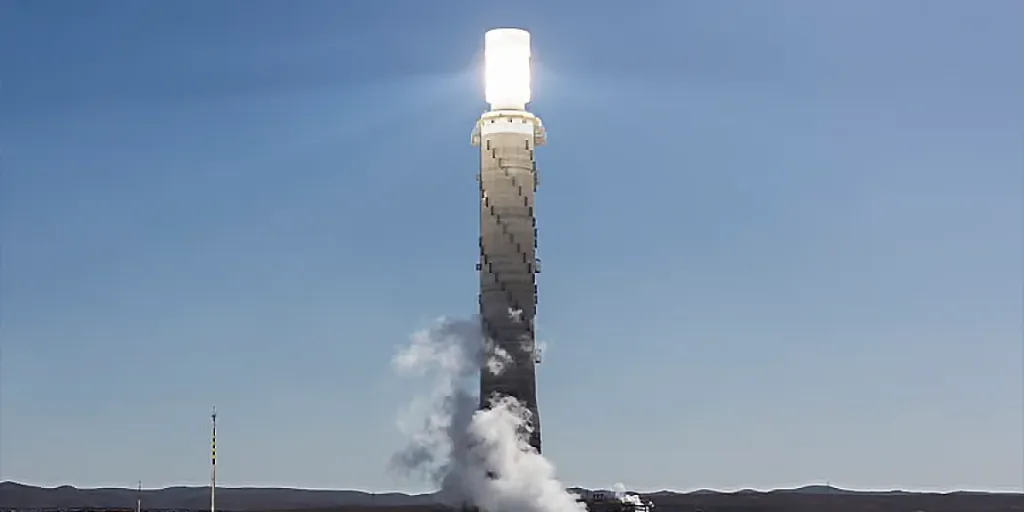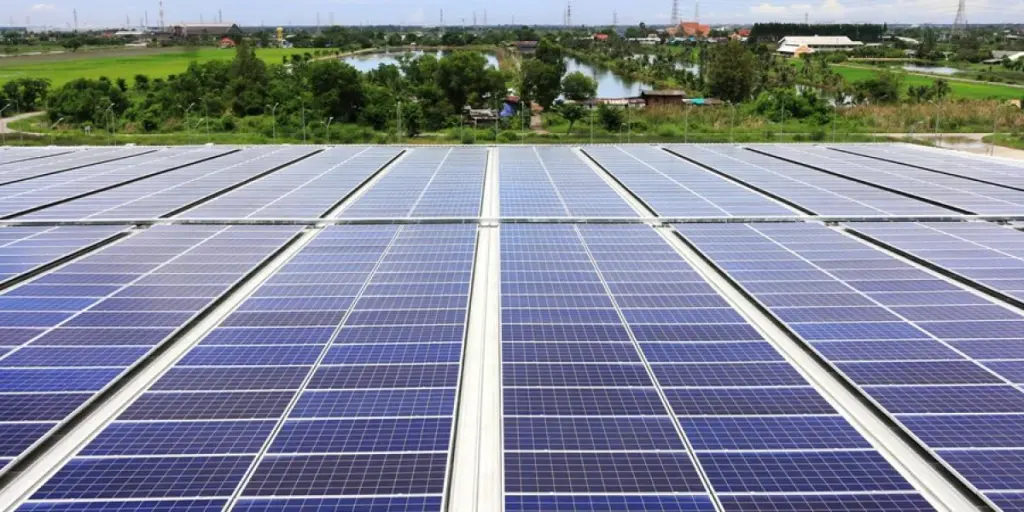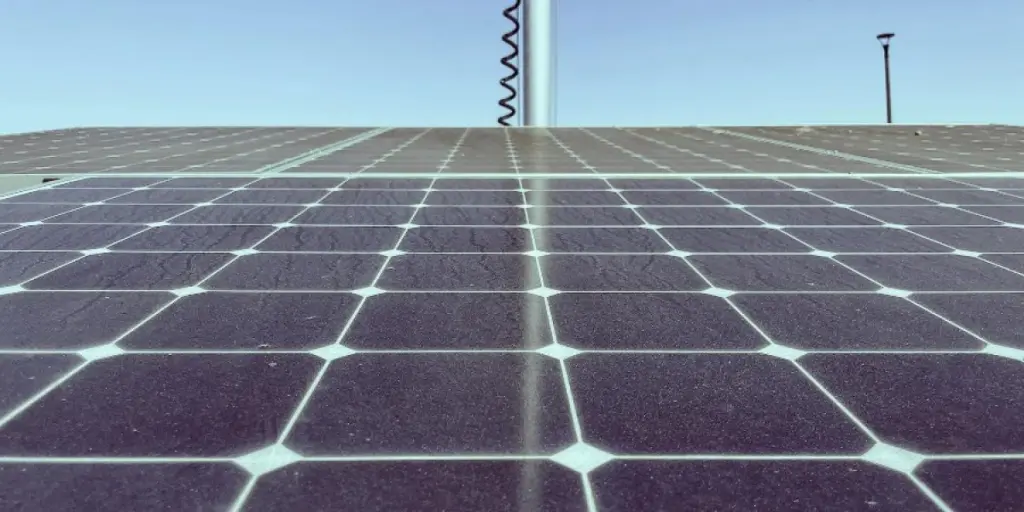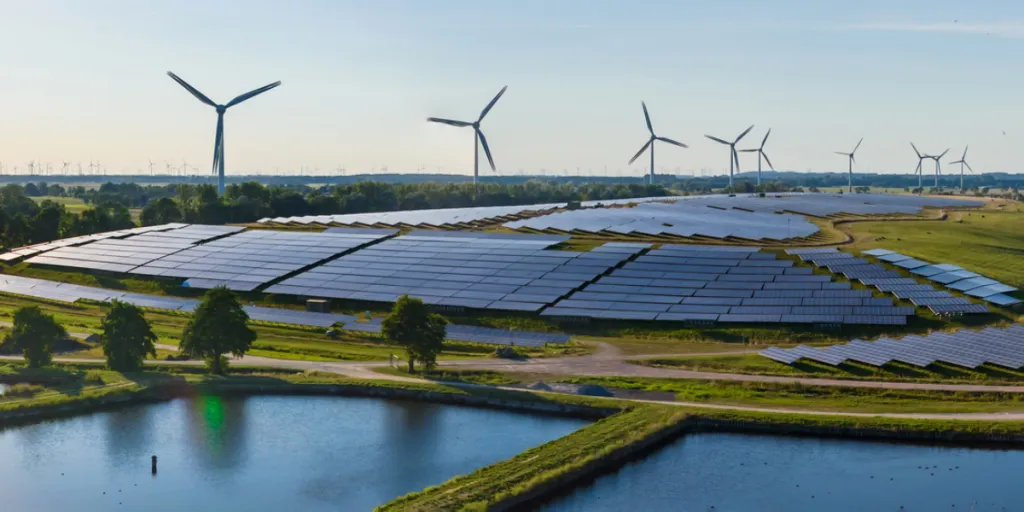In the fight to stop global warming, transportation and the automotive industry will be two of the main players. Global car manufacturers are therefore striving to find the cleanest, most efficient, and most cost effective option for the future — since this will secure sales.
The current winner is battery-powered electric vehicles (EVs), predominantly powered by lithium-ion batteries. However, batteries have many drawbacks, including a limited lifespan and price. To address these issues, manufacturers are searching for alternatives. One option gaining traction is hydrogen fuel cells, but are these better than batteries? Read on to discover the right solution for you!
Table of Contents
What is a battery?
What is a hydrogen fuel cell?
Batteries vs. hydrogen fuel cells: The differences
Batteries vs. hydrogen fuel cells: Which is better?
Conclusion
What is a battery?
A battery is a device that can store energy and then discharge it, by converting chemical energy into electricity, when required. The discharge of electricity is achieved through the chemical reaction in one or more electrochemical cells. This means batteries with more cells are capable of a higher electric power discharge.
How do electrochemical cells create electricity?
- Electrochemical cells have two terminals (electrodes), which are connected via a porous bridge.
- The electrodes pass an electrical charge (electrons) between each other through this porous bridge, which contains the chemical known as electrolyte.
- The loss of electrons from the negative electrode/terminal (anode), and the passing of these to the positive electrode/terminal (cathode) through the electrolyte means there is a difference in charge, or voltage, from one side to another, resulting in a flow of electricity.
Batteries can be rechargeable or single use, and can be made of many different materials. Some of the most common materials include alkaline, lithium-ion, lithium-polymer, nickel-metal hydride.
Depending on the number of electrochemical cells, batteries can be used differently — where larger batteries can power electric cars for example, while a smaller battery may be used to power a lamp or drill.
What is a hydrogen fuel cell?
Hydrogen fuel cells, like batteries, have an anode, cathode, and an electrolyte porous bridge. However, instead of using chemical energy, hydrogen fuel cells generate electricity through the reaction of oxygen and hydrogen atoms, and since the only by-product is water, using these to create energy is non-polluting.
How do hydrogen cells create electricity?
- The hydrogen is fed to the anode, or negative terminal, while oxygen is fed to the cathode, or positive terminal.
- At the anode, the hydrogen atoms are separated into protons (positive charge) and electrons (negative charge).
- The protons pass through the electrolyte membrane bridge toward the cathode, while the electrons take a different route to generate electricity.
- The protons and electrons meet at the cathode, where they combine with oxygen, thereby generating electricity, with heat and water as a by-product.
Hydrogen fuel cells are clean, but less powerful than combustion and chemical batteries, so, in order to create enough electricity to power machines, vehicles, or other electronic items, many hydrogen fuels are stacked together.
Batteries vs. hydrogen fuel cells: The differences
Efficiency
At present, traditional batteries are more efficient than hydrogen fuel cells, since they provide more power. This is one of the main reasons that major EV manufacturers, such as Tesla and BYD, continue to use batteries in their fabrication processes. However, with enough investment and research this could change.
Despite their lower efficiency, hydrogen fuel cells are the top choice for larger vehicles, including trucks and NASA rockets. The main reason for this is weight.
Weight and size
Batteries are heavy, and when employed for large, long-range trucks or other large vehicles, this additional weight can “outweigh” the benefits. Hydrogen fuel cells on the other hand, are more compact and lighter — with more energy in less mass. This means that when employed in large vehicles, they cut the weight and thus allow for a longer driving range. To provide an example, a truck with a range of 800 kilometers would cut its weight by 2 tons if it were to use hydrogen fuel cells instead of batteries.
Toxicity
Hydrogen fuel cells are the cleaner option, since they only produce heat and water as a byproduct and do not contain toxic materials. Batteries, on the other hand, are notoriously hard to dispose of, with only 5% of lithium-ion batteries being recycled. Batteries have toxic metal components, including cobalt, nickel, and manganese, which often leak out into the earth in landfills and contaminate water sources. Additionally, due to a short lifespan of only five years (or shorter if discharged completely or not maintained), more batteries would need to be produced than hydrogen fuel cells.
Recharging/refueling infrastructure
Hydrogen fuel cells do not need recharging, they only need refueling. This means instead of waiting hours to recharge a battery, or having to change it when it’s dead, the user can simply refuel — which takes 15 minutes. In addition, as hydrogen fuel cells only require hydrogen and oxygen, refueling is cost-effective. An issue does remain in accessibility, however, since hydrogen is not always easily accessible. This could be something that changes with increased infrastructure and investment.
Price
Costs for batteries and hydrogen fuels are not only decided by price, but also by maintenance costs, recharge/refuel times, and other similar factors. The cost of a battery, as well as its maintenance and/or replacement remaining high, while its recharge time is long. Hydrogen fuel cells, on the other hand, are fairly cost effective, with fast refueling times, as well as being more lightweight and catering for long-distance driving. However, the cost of the raw materials involved in the creation of these hydrogen fuels, such as platynum, is high.
Batteries vs. hydrogen fuel cells: Which is better?
With a lack of infrastructure for hydrogen fuel cells and innovation still possible for batteries, it is not a case of which is better right now, but which will be better in the future.
Currently, hydrogen fuels are considered the better option for larger vehicles, such as rockets, trains, planes, ships, and even some construction vehicles. This is thanks to the fact that they are more lightweight, do not require long charge up times, and have better durability than batteries. Thanks to their lack of moving parts, they are also very quiet – which is ideal for longer journeys.
For those smaller vehicles used by the majority of the population, however, batteries remain the preferred option. Cars, motorbikes, and vans are not expected to continuously travel long distances, meaning they do not require huge batteries — meaning less weight and lower recharge times. However, this may be about to change, as hydrogen becomes more readily available on the road, and major car manufacturers, including Toyota, Hyundai, and Honda develop hydrogen fuel cell cars.
Conclusion
Batteries, and especially lithium-ion batteries, retain the top spot in EV manufacturing today, however, the reliance on non-renewable minerals spells the inevitable end of this power source. Hydrogen fuel cell technology, although still in development and currently more expensive than lithium-ion batteries, is clean, flexible, and energy efficient.
Thanks to these qualities, alongside aims from global governments to curb reliance on fossil fuels and reduce emissions, it is expected that hydrogen fuel cell vehicles will replace battery-powered EVs in the near future. Increases in investment and advancements in technology will mean higher efficiency from hydrogen fuel cells, leading to a projected valuation of over USD 131 billion by 2023, up from only USD 1.9 billion in 2021.
B2B e-commerce sites, such as Alibaba.com, offer global buy and sell services with manufacturers of both batteries and hydrogen fuel cells.
